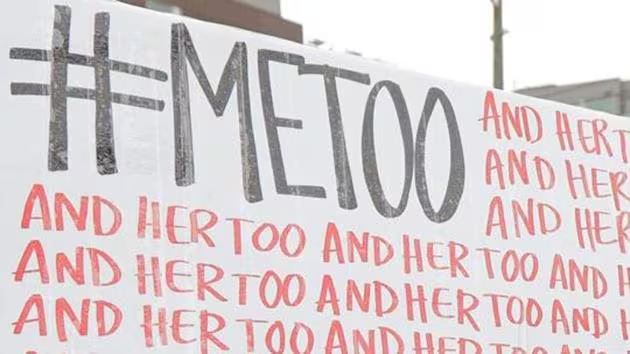The MeToo Movement undoubtedly gave a few women a voice and a platform, but it left out the vast majority of India’s working women, women employed as domestic workers, in brick kilns, as farm labourers, in garment factories. Dalit, tribal, trans and marginalised voices were never heard.

Despite new laws passed in the aftermath of the December 2012 gang rape, India’s women continue to fight a battle of endemic sexual violence. (AP)
The asymmetrical shape of power that colours sexual abuse was on display on February 17 when former minister MJ Akbar entered courtroom 203 on Rouse Avenue. Escorted by a phalanx of police personnel and his team of lawyers, Akbar was there to hear the verdict of additional metropolitan magistrate, Ravindra Kumar Pandey.
The verdict acquitted journalist Priya Ramani against whom Akbar had brought charges of criminal defamation. The judge accepted Ramani’s assertion that “the complainant is not a man of sterling reputation” and ruled that even though her article was per se defamatory, a woman’s right to dignity superseded the right to reputation.
It’s an extraordinary judgment that has ramifications far beyond an individual case where a victim of sexual harassment has had to defend herself in a court of law.
For one, it marks the first major legal victory in India’s MeToo Movement where chief justices, film actors and celebrated artists have been let off.
Second, it offers a rare empathetic ear to the “systemic abuse” of women at work and acknowledges that the “time has come for our society to understand the sexual abuse and sexual harassment”.
This too is unprecedented in a legal system where, hearing another case of sexual harassment, the Supreme Court ruled that it was wrong for a senior judge to “flirt” with a junior official. The use of the word “flirt” trivialised what Judge Pandey rightly calls “systemic abuse”.
Despite new laws passed in the aftermath of the December 2012 gang rape, India’s women continue to fight a battle of endemic sexual violence. On the day newspapers reported on Ramani’s victory came the horrific news of two Dalit sisters, found dead in Unnao, in a state that has seen an over 66% increase in crimes against women in the past four years and where the trauma of Hathras is yet to die down. Those who say why mention caste forget the fact that it is caste-enabled power structures that facilitates this violence.
This lopsided power structure is also why Bhanwari Devi, to whom we owe our law on workplace sexual harassment, is still awaiting justice after a lower court judge ruled that dominant caste men could not have raped her since she is a subordinate caste woman. Her case is still pending in the Rajasthan High Court.
The MeToo Movement undoubtedly gave a few women a voice and a platform, but it left out the vast majority of India’s working women, women employed as domestic workers, in brick kilns, as farm labourers, in garment factories. Dalit, tribal, trans and marginalised voices were never heard.
The verdict in favour of Ramani who had the support of both her family and her lawyer Rebecca John is worth celebrating and savouring. But it is not enough. It can never be enough until we rearrange power hierarchies to give all women the dignity and right to work without fear.
Namita Bhandare writes on genderThe views expressed are personal